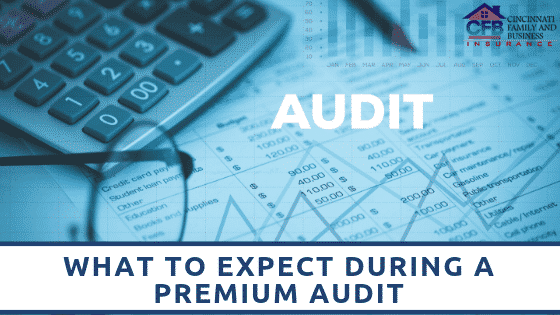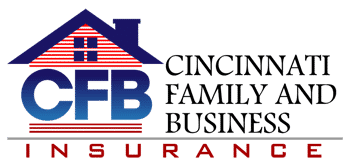
What To Expect During A Premium Audit
All business owners probably understand that it is crucial to insure their business against all sorts of eventualities. The issue comes when they have to pick the right coverage products to cover all their liabilities. This is why most coverage companies will conduct a premium probe. A premium probe is done to calculate the current needs of your business and make sure that you are paying for the appropriate insurance coverage. It is important to have a premium audit conducted when your policy expires or is canceled as this helps to figure out if your business needs have changed.
Why you need an audit
When an insurance company is offering coverage for the first time, they look into an estimated exposure basis and multiply it by a rate. This is just a general estimate of how much risk your business carries and is in no way accurate. When the premium probe is done, the right classification and codes will be used to determine your final premium and this way, you will be paying the amount that you should for the coverage that you need. Besides, the process of carrying out a premium probe also gives you some important information about the operations of your business. Normally, your insurer contacts you about getting a premium probe just before the term expires or before it is canceled.
Getting ready for the audit
When the auditor contacts you, they will give you a form to complete and also indicate the date that they will be coming around for the audit. There are some policies that are audited every year while others are audited less frequently. For instance, a worker’s compensation policy will most likely be audited annually, but general liability policies will be audited less frequently. When the auditor is coming around for the audit, make sure that you have the following records ready for them:
- Payroll reports
- 941s
- Quarterly state unemployment filings
- Income statements and sales journals
- Disbursement ledgers such as check registers and others
- Coverage certificates
The auditor will most likely have given you a checklist of items that you should fulfill before the actual visit and you should make sure that you do before they get to the business.
Understanding the results of the audit
After they have conducted the audit, they will leave and go create an audit report that will be mailed to you. The report will give details about how your policy and premium will change if it will change. There are two things that can happen after an audit. The first is that you could end up owing the coverage company some credit, which will mean that you have to pay them some more. On the other hand, you may end up with some credit, meaning that you have been paying the insurer more than what was needed. It is, therefore advisable to be ready for both scenarios.
Getting your data ready
The audit process will be smooth if you can offer accurate figures related to your coverage. Before you engage an insurer, make sure that you have an exact premium rate so that when the audit is taking place, you do not have to keep using rough estimates. In most cases, when the underwriters are not getting accurate information, they might end up charging you a higher premium than you should pay to cover the uncertainty.
Different requirements for different audits
As stated, there are some policies that will attract audits more frequently than others. For instance:
- Workers Compensation coverage premiums are based on payroll data, which means that regular payroll audits will have to be conducted by the insurer.
- Commercial liability audits normally depend on sales levels. Audits will be conducted when you expand floor space and will be based on payroll data.
- Liquor liability premium audits are calculated as a ratio between the alcoholic beverage and non-alcoholic beverage sales.
All these are the important tips to have in mind when going into a premium audit. On the day of the audit, make sure that you have all the records ready for the company and also have a responsible person or yourself on site. Your presence ensures that any questions which the auditor may have are correctly answered.

Comments
Not found any comments yet.